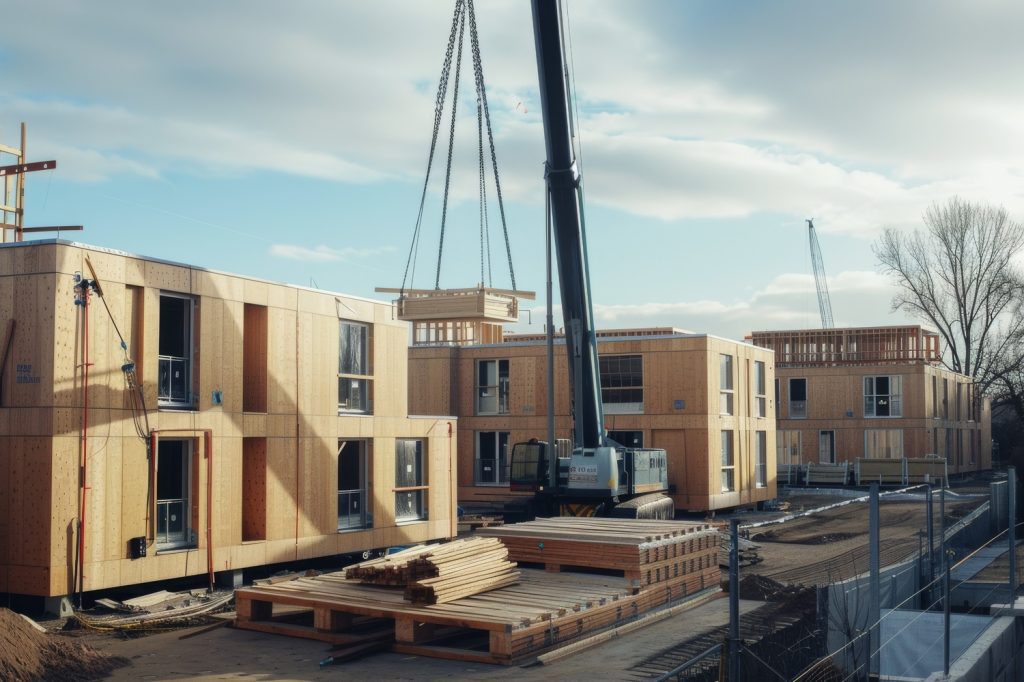When it comes to construction projects, time is money. Delays can derail budgets, frustrate stakeholders, and disrupt carefully planned timelines. But what if avoiding those delays is more about strategy than luck? The good news is that with a proactive approach and a focus on efficiency, you can keep your project on track and avoid costly setbacks. Let’s dive into some proven tips that can make all the difference.
1. Build a Strong Foundation with Planning
The most successful projects are born out of meticulous planning. Before a single shovel hits the ground, take the time to map out every detail. From defining the project’s scope to scheduling key milestones, clarity at the outset prevents confusion and the costly consequences of poor planning down the line.
Why is planning so essential? It allows you to identify potential bottlenecks, allocate resources effectively, and anticipate challenges before they arise. If you’re working with a Raleigh construction company, for instance, a detailed roadmap ensures both you and your contractors are aligned, reducing the risk of miscommunication and missteps.
2. Choose the Right Team
A project’s success hinges on the people behind it. Partnering with experienced professionals – from contractors to project managers – sets the tone for smooth operations. But expertise isn’t the only factor; communication and collaboration matter just as much.
Here’s the thing: no matter how good a team’s credentials look on paper, they need to work well together. Misaligned priorities or poor communication can cause delays even among the most skilled groups. Invest time in vetting your team’s capabilities and ensuring their values align with your project goals.
3. Embrace Technology for Better Coordination
The construction industry has come a long way with tools designed to streamline processes. Project management software, drones for site surveys, and real-time communication platforms can make a world of difference in ensuring everything runs on schedule.
Why does this matter? Technology minimises human error, improves accuracy, and enhances transparency. For instance, using software that tracks project timelines allows you to quickly identify delays and adjust before they spiral into bigger issues.
4. Secure Permits and Approvals Early
One of the most common causes of construction delays is waiting on permits and approvals. Navigating regulatory requirements can be a time-consuming process, especially if you’re unfamiliar with local laws and procedures.
To avoid this pitfall, start the permitting process as early as possible. Engage experts who understand the legal landscape and can expedite approvals. Being proactive not only keeps your timeline intact but also prevents the frustration of unexpected delays.
5. Stay Flexible with Contingency Plans
No matter how well you plan, schedule delays and unexpected issues can arise. From supply chain disruptions to uncooperative weather or natural disasters, some factors are beyond your control. That’s why building flexibility into your schedule is key.
Create contingency plans for the most likely scenarios. What will you do if materials are delayed? How will you respond to sudden labor shortages? Having answers to these questions beforehand ensures you can pivot quickly when challenges arise without derailing your entire project.
6. Prioritize Communication at Every Level
Effective communication is the backbone of any successful construction project. It’s not enough for the project manager to be in the loop—every stakeholder, from contractors to suppliers, needs to understand their roles and responsibilities.
Establish regular check-ins and encourage open dialogue. For example, a weekly progress meeting can highlight potential issues before they become critical, allowing the team to address them promptly. The goal is to create an environment where information flows freely, fostering collaboration and accountability.
7. Source Materials Strategically
Supply chain hiccups are a leading cause of construction delays. To mitigate this, work closely with suppliers to ensure materials arrive on time and in the right quantities. It also helps to have backup suppliers in case of unforeseen disruptions.
How can you take this a step further? Consider ordering materials in phases to align with the project timeline, rather than all at once. This reduces storage costs and the risk of damage or theft while ensuring availability when needed.
8. Monitor Progress and Adjust as Needed
The best-laid plans mean little if you’re not actively monitoring progress. Regular site visits and progress reports keep everyone accountable and allow you to spot delays early.
Use these check-ins to ask questions like: Are we meeting our milestones? Are there recurring issues that need addressing? By staying hands-on, you can keep the project moving smoothly and avoid small setbacks snowballing into significant problems.
9. Foster a Safety-First Culture
Safety and productivity go hand in hand. Accidents on-site not only put workers at risk but also lead to costly delays. Prioritizing safety – through training, clear protocols, and regular inspections – creates a work environment where projects can proceed without unnecessary interruptions.
Remember, a safe site is an efficient site. When workers feel secure, they’re more likely to perform at their best, contributing to steady progress.
10. Evaluate and Learn from Every Project
The final step to avoiding future delays is learning from past experiences. Conduct a thorough evaluation at the end of each project to identify what went well and where improvements are needed.
Why is this step often overlooked? Many teams rush to move on to the next project without reflecting on the last. Yet, taking the time to analyze successes and failures equips you with invaluable insights to apply moving forward.
Conclusion
Construction project delays can be frustrating, but they’re not inevitable. By planning strategically, leveraging technology, and fostering open communication, you can keep your projects on track and your stakeholders happy. After all, delivering on time isn’t just about meeting deadlines—it’s about building trust and a reputation for excellence.






